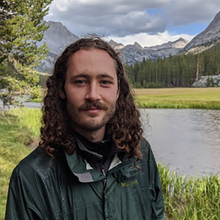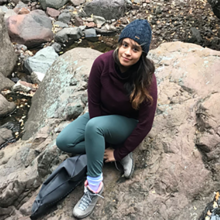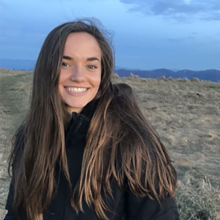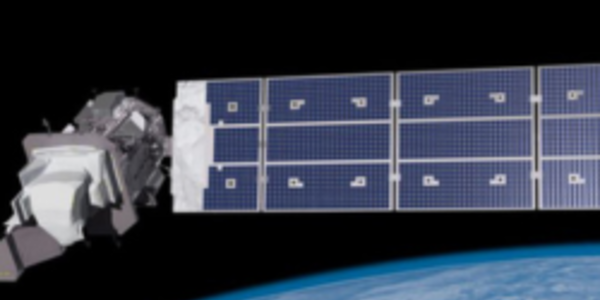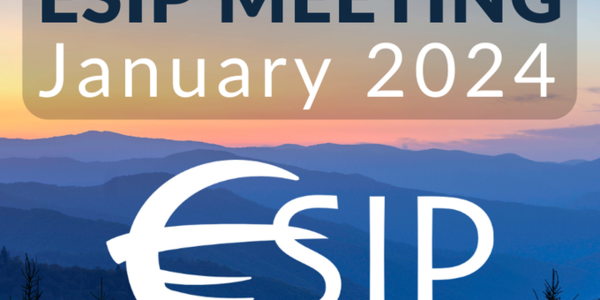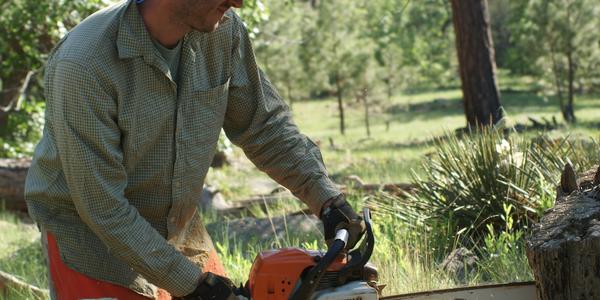Young scientists work on an inclusive soil moisture index
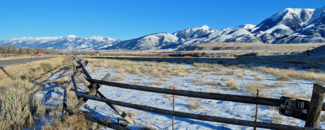
NCEI continues its six-year partnership with the NASA DEVELOP Program working with early-career scientists and university students. This nationwide program utilizes NASA Earth science satellite data to address diverse environmental issues impacting communities. At the DEVELOP NCEI location, participants work on projects that focus primarily on climate applications and incorporate NCEI climate data.
This fall, the DEVELOP NCEI team researched water resource forecasting in the Upper Missouri River Basin. This effort aims to better understand the effect of multiple years of extreme moisture deficit and surplus events impacting the region. The goal was to develop a tool to aid the effective communication of drought and flood risks through the creation of a Composite Moisture Index (CMI). The CMI incorporates soil moisture anomalies from the NASA Soil Moisture Active Passive (SMAP) mission and measures of snow cover and snow-water equivalent from Terra Moderate Resolution Imaging Spectroradiometer (MODIS) and Snow Data Assimilation System (SNODAS).
The team partnered with the Montana Climate Office, the NWS Missouri Basin River Forecast Center, the NOAA Regional Climate Services of the Central Region, and the National Integrated Drought Information System on this project.
Team Member Background
Dean Berkowitz is a recent graduate of the University of California, Berkeley, where he majored in Geography with an emphasis in Ecological Data Science. During his studies, Berkowitz participated in an Undergraduate Research Apprenticeship Program in the Mishler Lab studying the plant community ecology of the Mojave National Preserve. This work entailed conducting field vegetation surveys, extracting specimen DNA, analyzing citizen-science data, and employing spatial phylogenetics techniques.
Egla Ochoa-Madrid recently received a Master’s of Science in Physics from Texas State University. During her undergraduate studies, Egla explored and developed her skills in material science and thin films characterization. Her primary graduate research interest was in physics education research, and she presented her thesis on analyzing how physics students engaged with ethics education modules at the American Physics Society and at the American Association of Physics Teachers.
Chloe Schneider is a recent graduate of the University of North Carolina at Chapel Hill. She double-majored in Environmental Science and Geography with a minor in Information Science. In the summer of 2019, Schneider participated in a National Science Foundation-funded research experience investigating the movement of carbon dioxide in the environment outside of Quito, Ecuador. Schneider also participated in the summer 2020 DEVELOP North Carolina team working with the Eastern Band of Cherokee Indians to address hemlock decline and remote-sensing techniques.
Julie Sorfleet is a graduate of the University of California, Los Angeles. She double majored in Geography and Spanish with a minor in Geospatial Information Systems and Technologies. Last fall, Sorfleet participated in NASA DEVELOP at Arizona State University, where she worked on assessing land surface temperature and greenness across multiple cities in the United States. In summer 2020, Sorfleet also supported the DEVELOP North Carolina team as an Assistant Geoinformatics Fellow.

